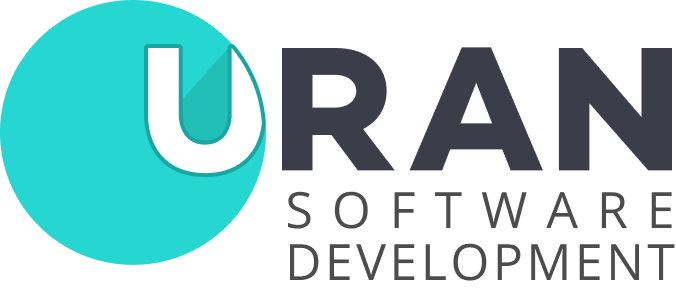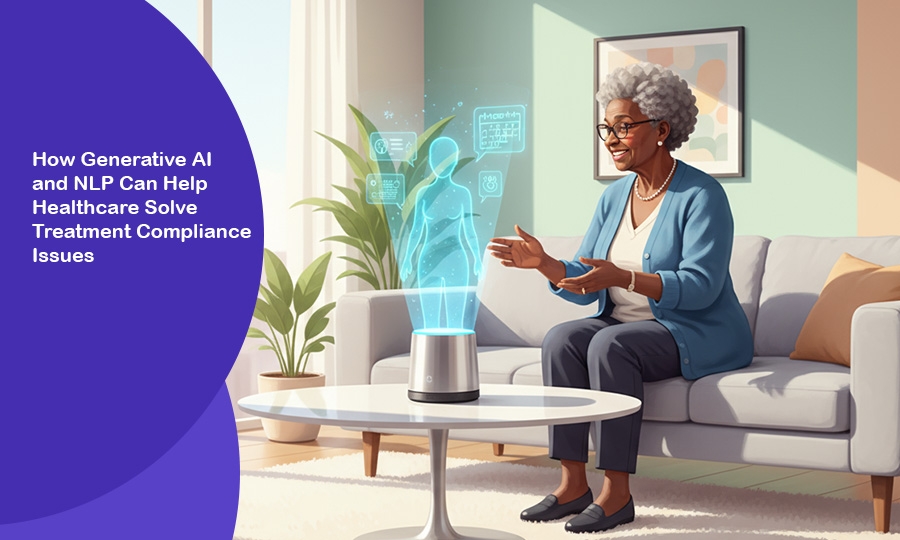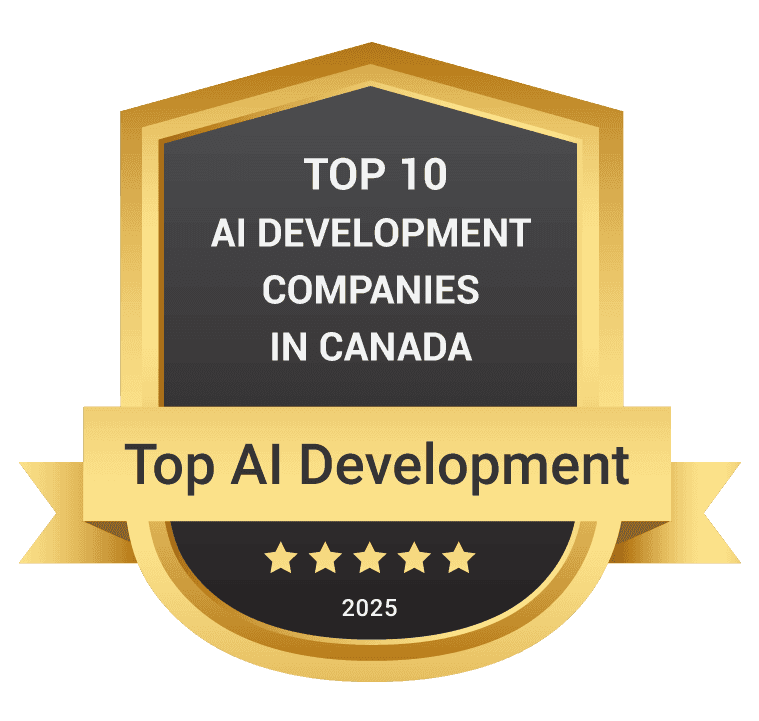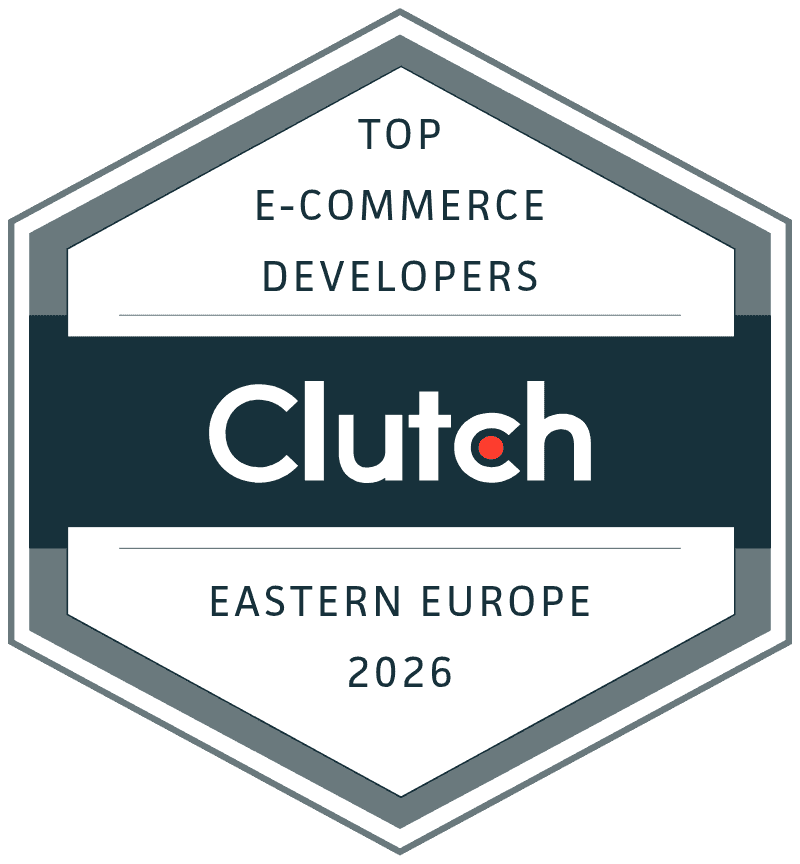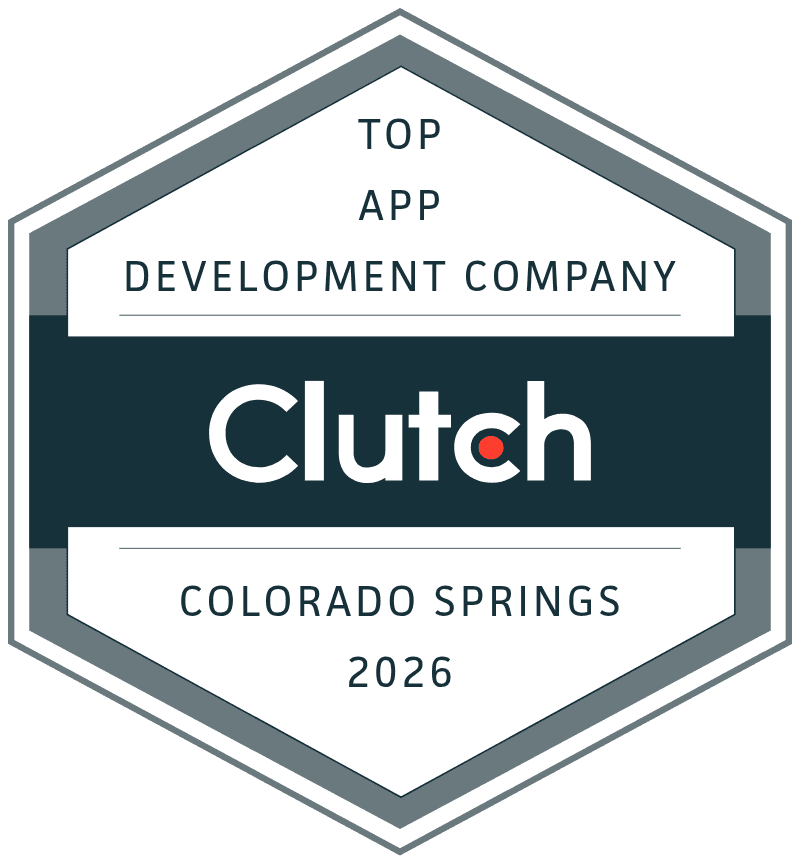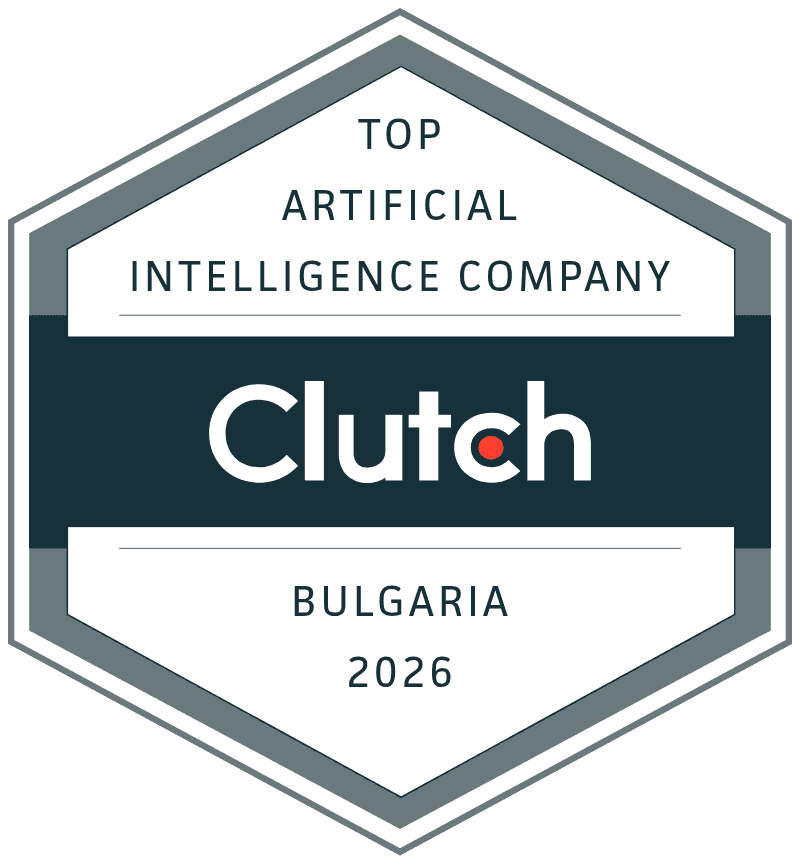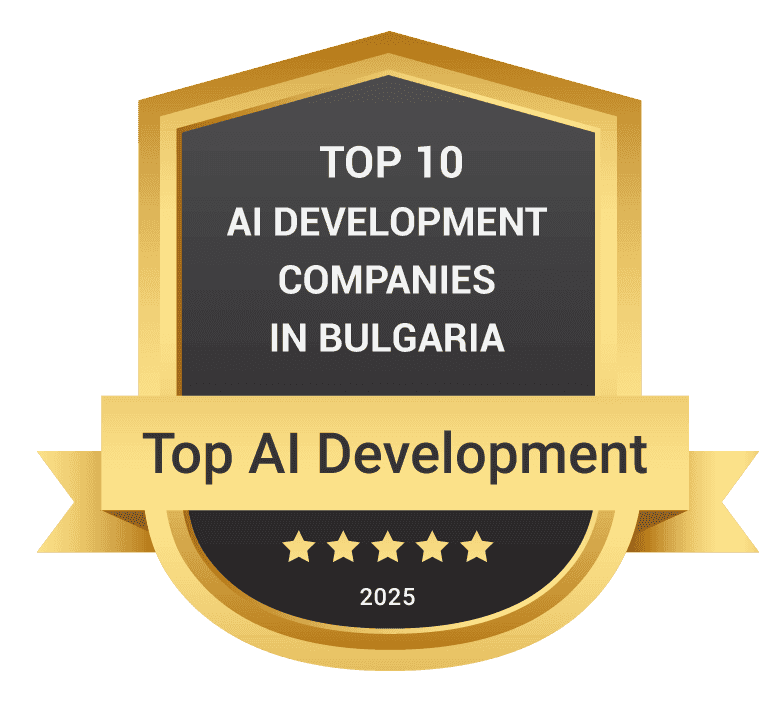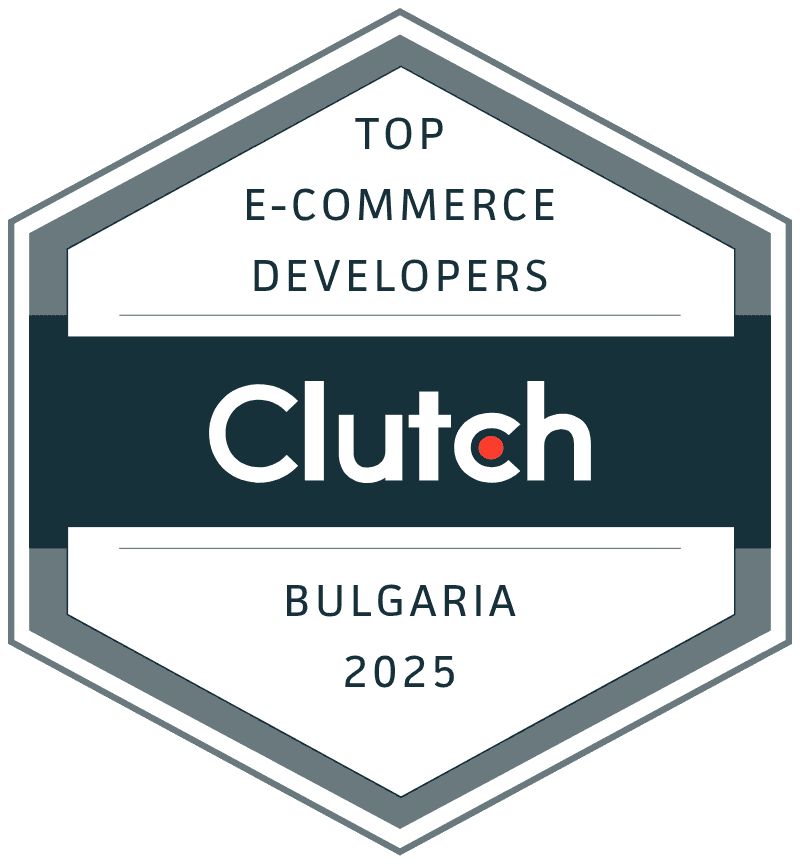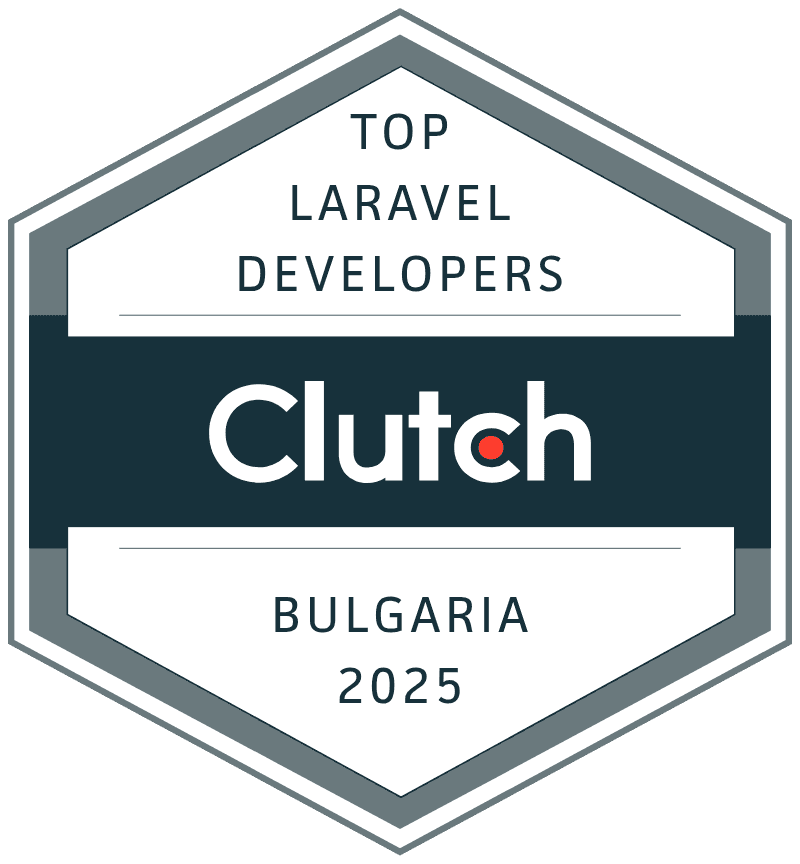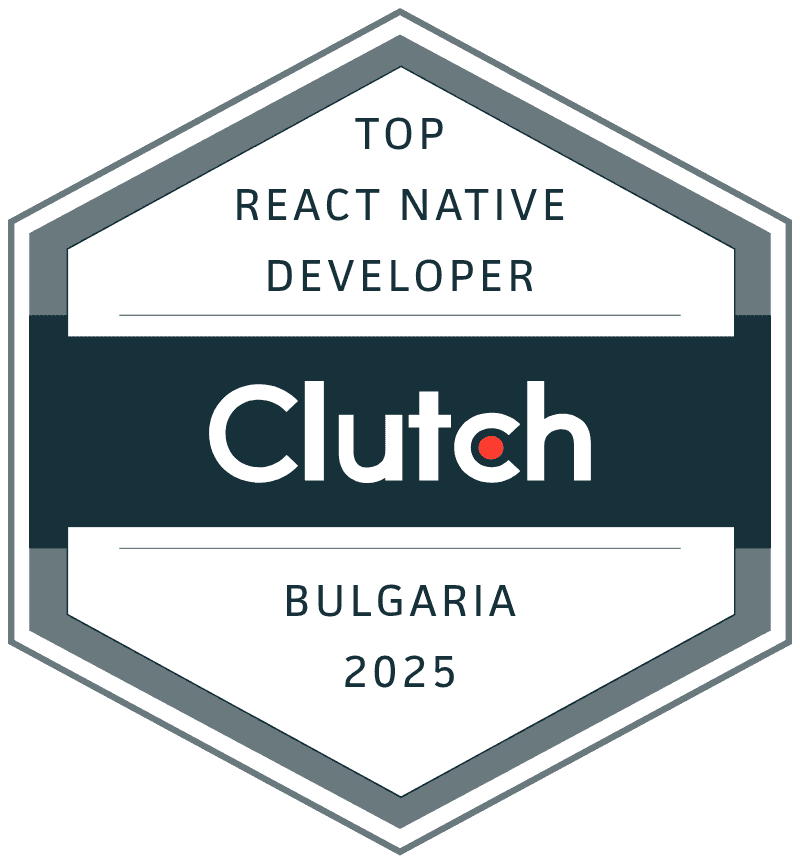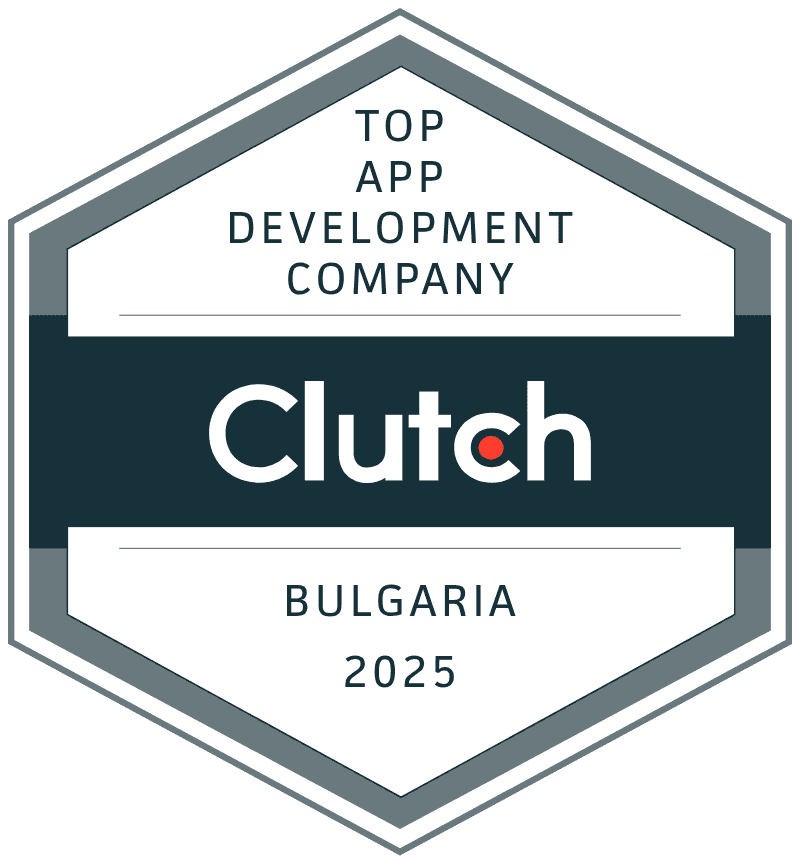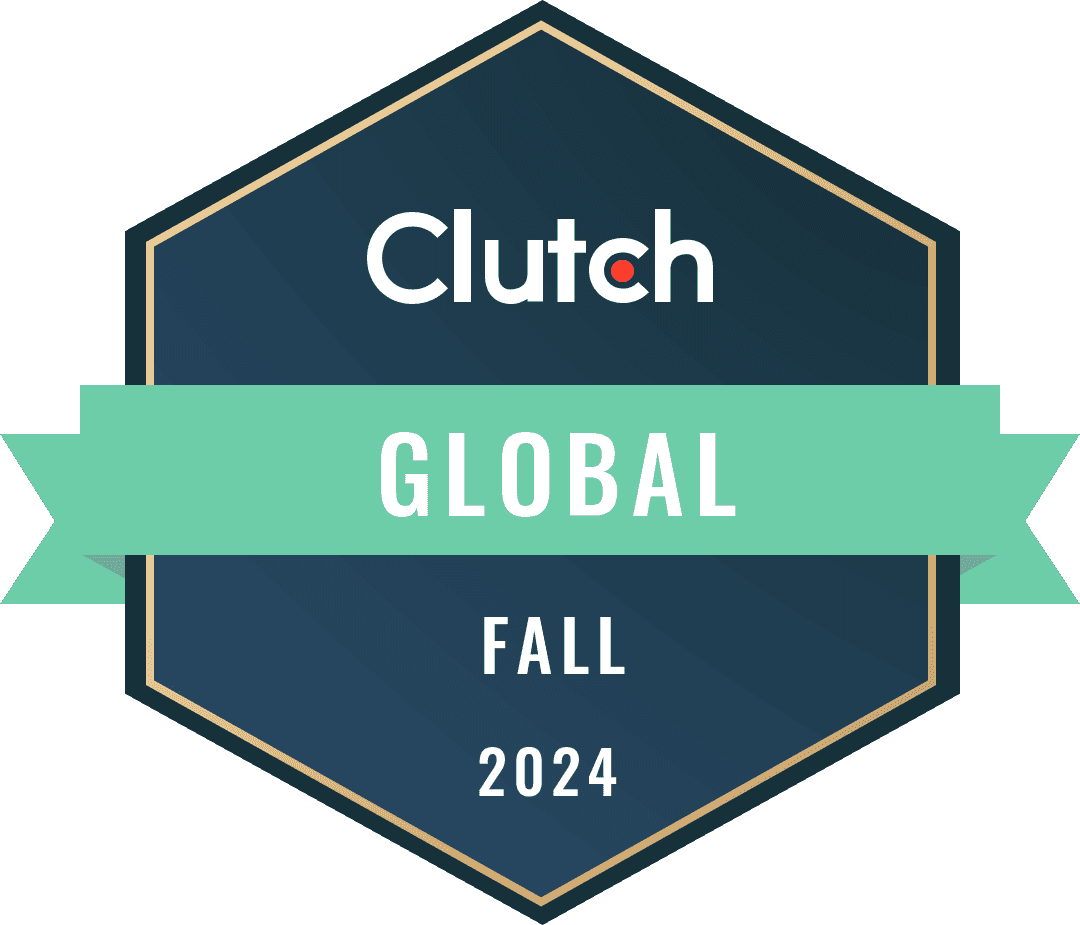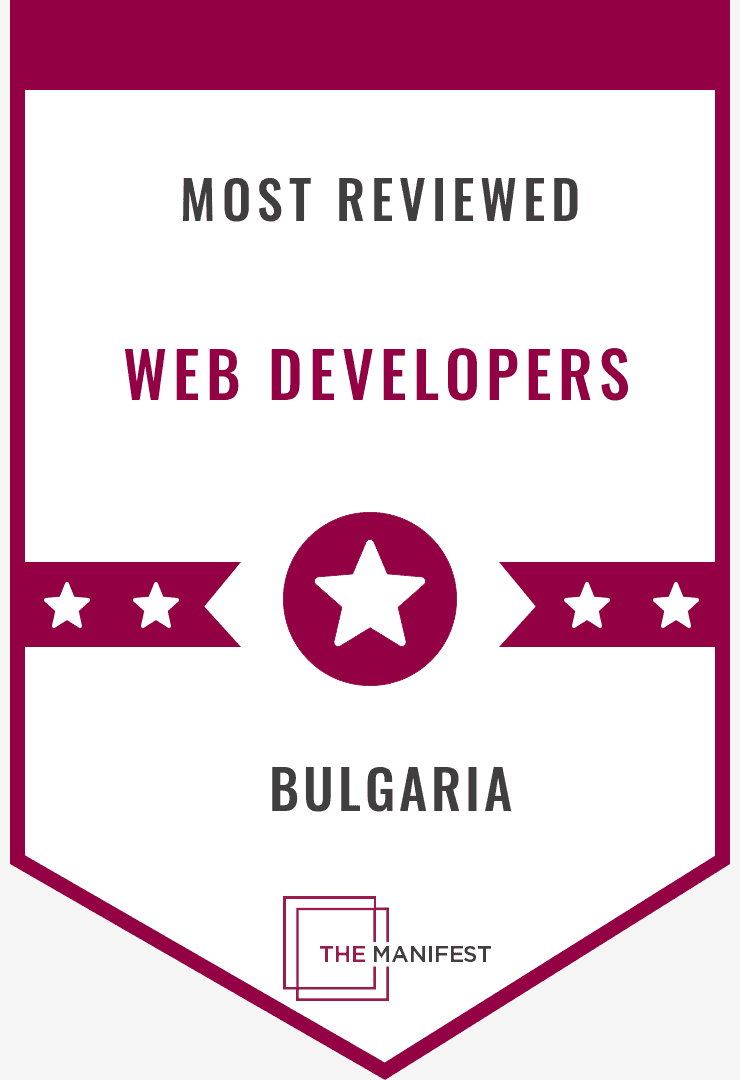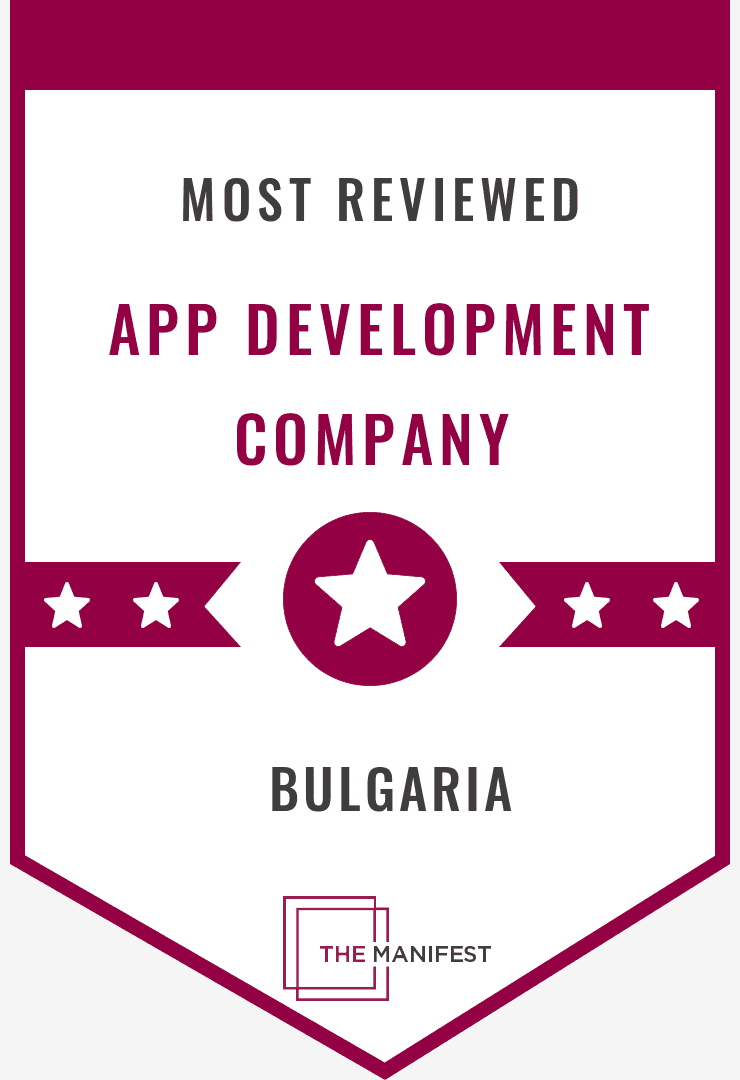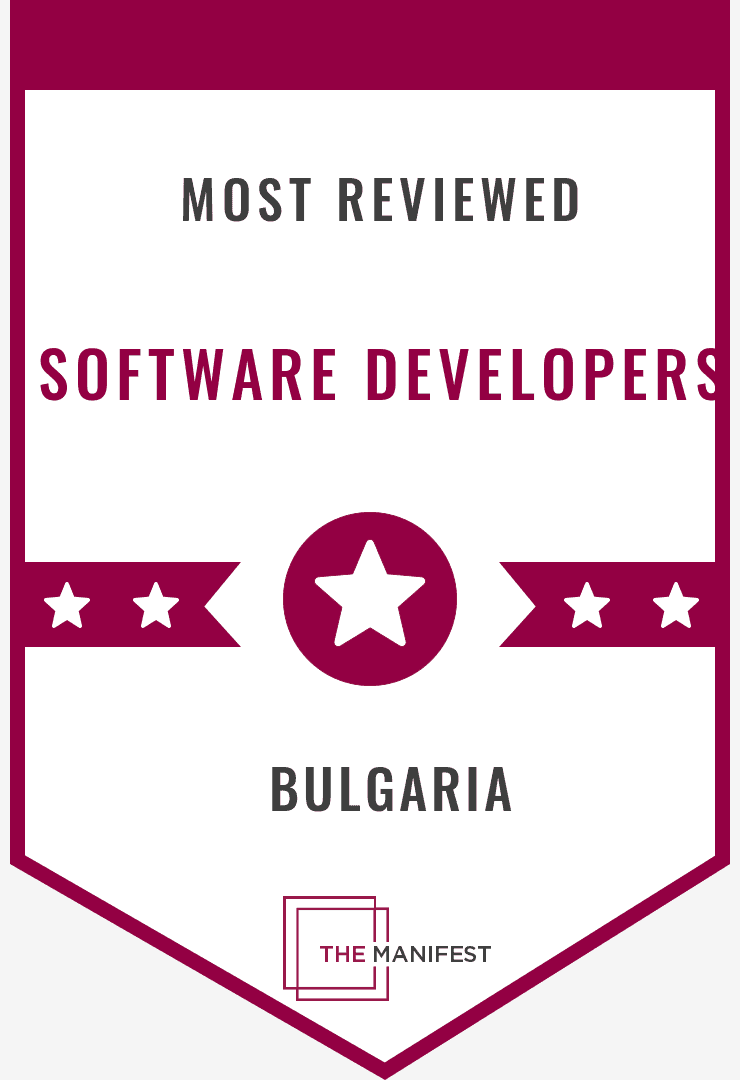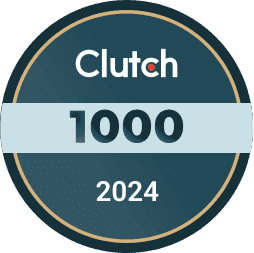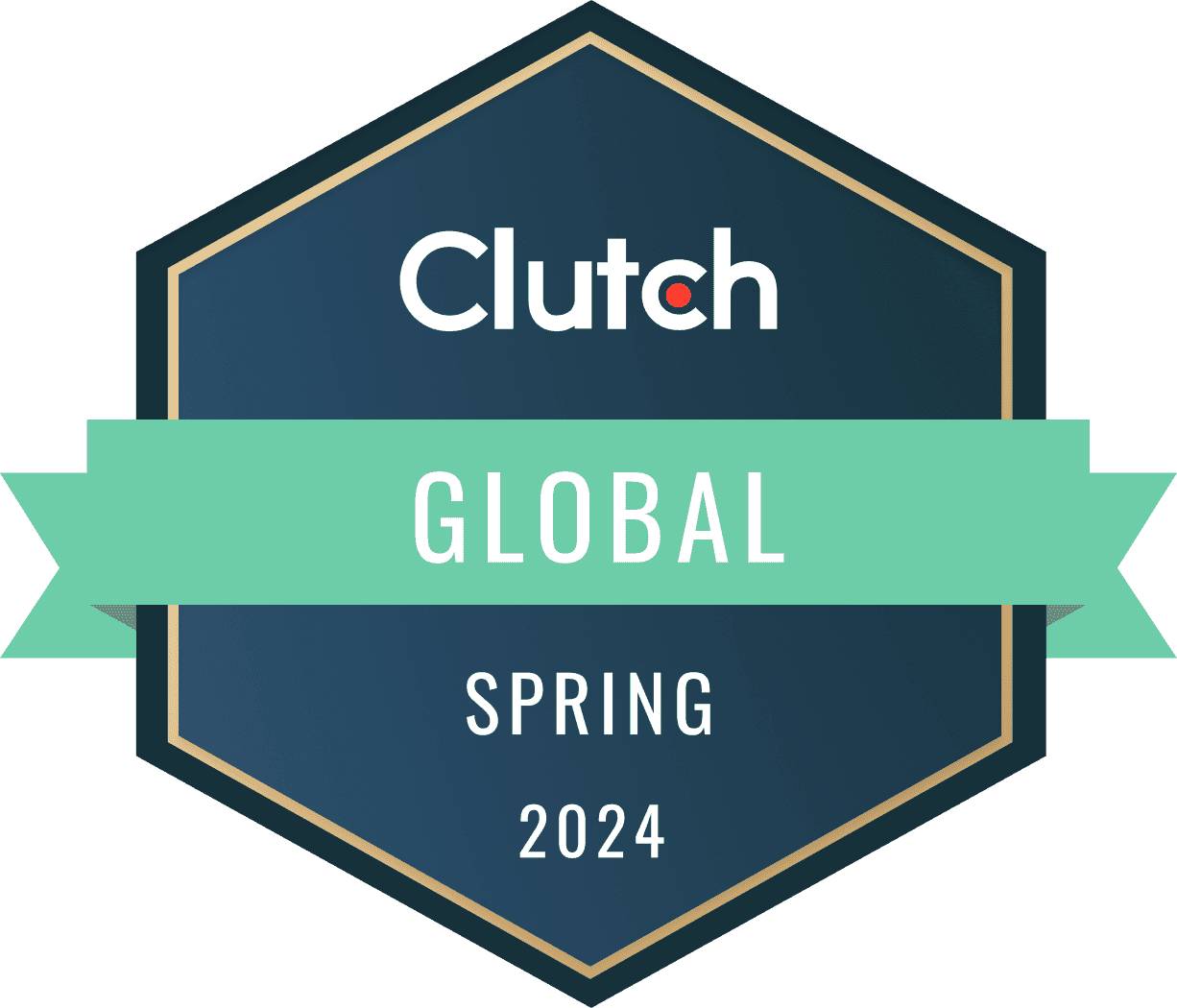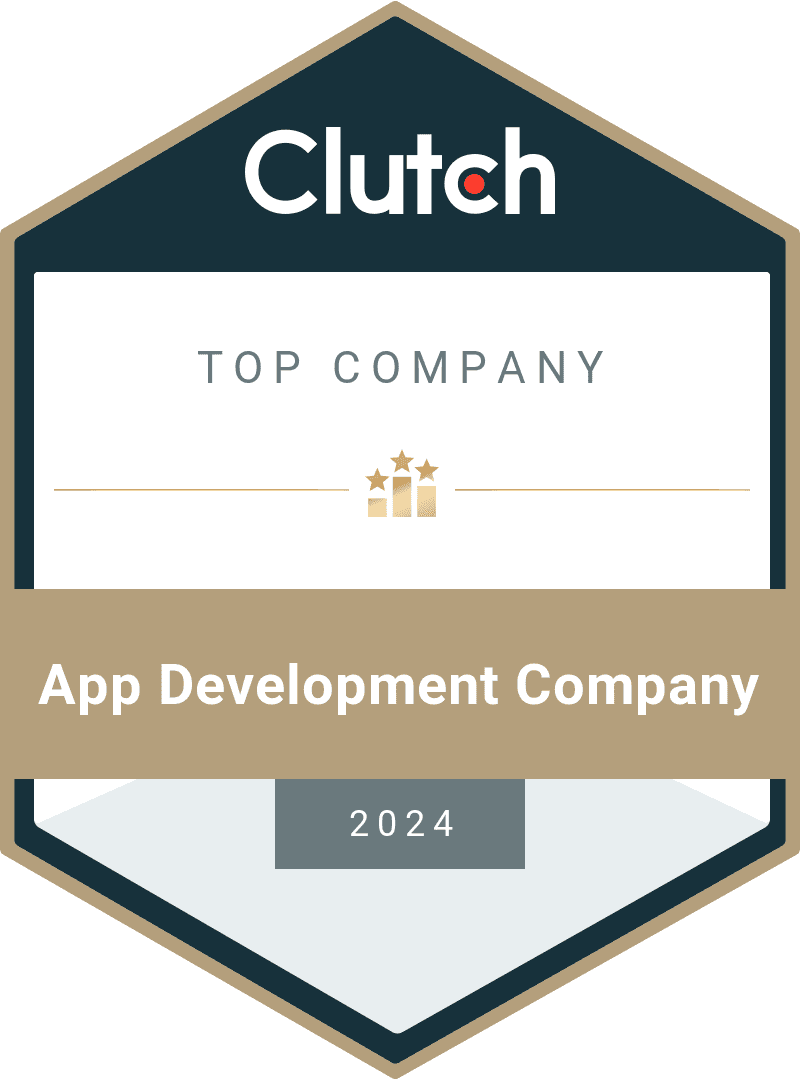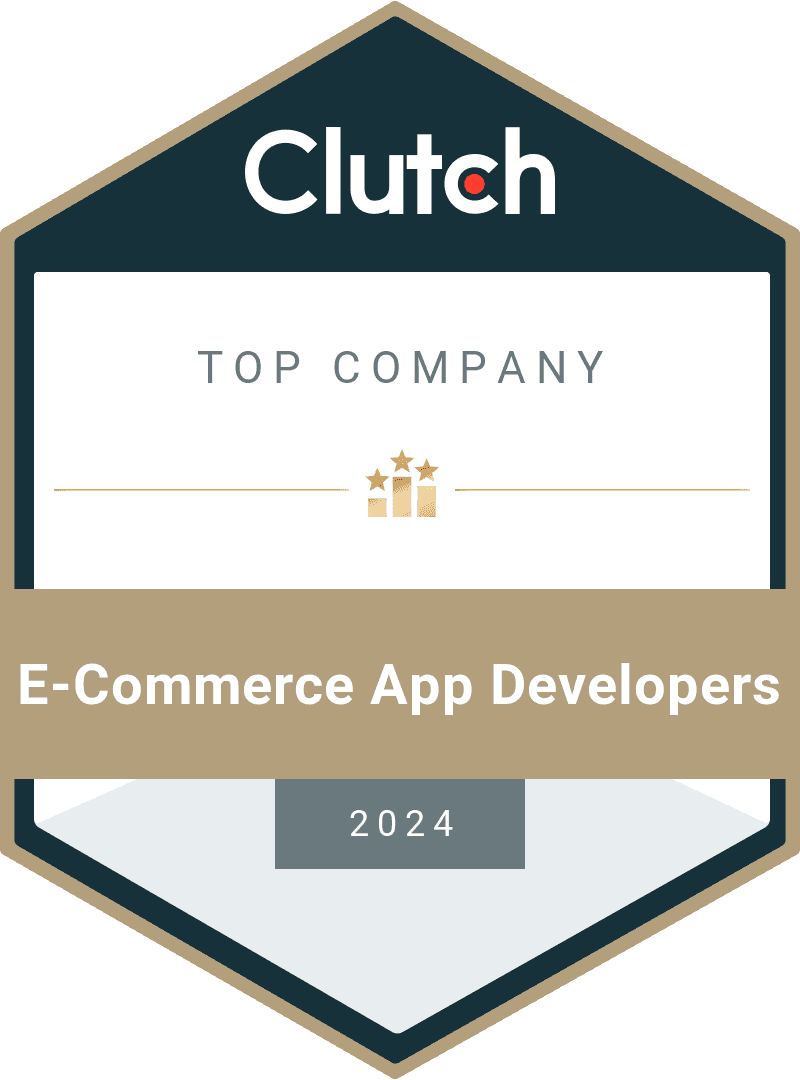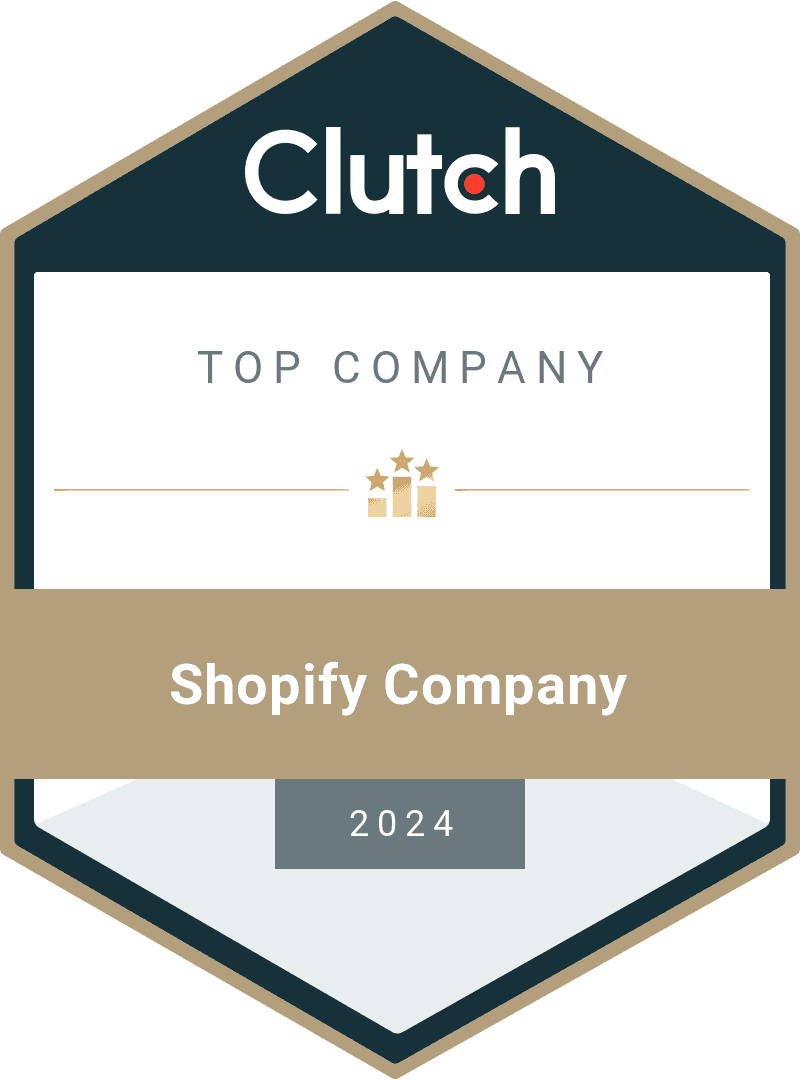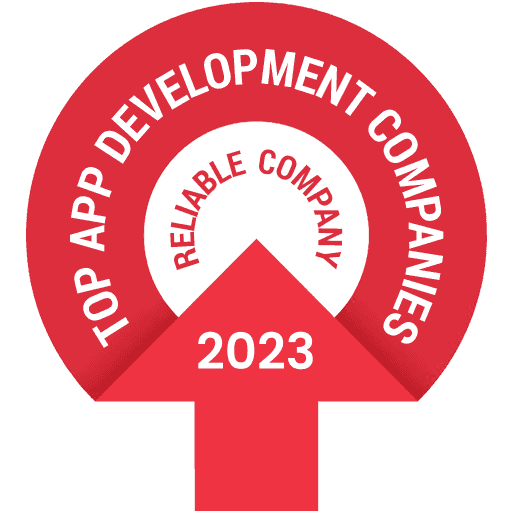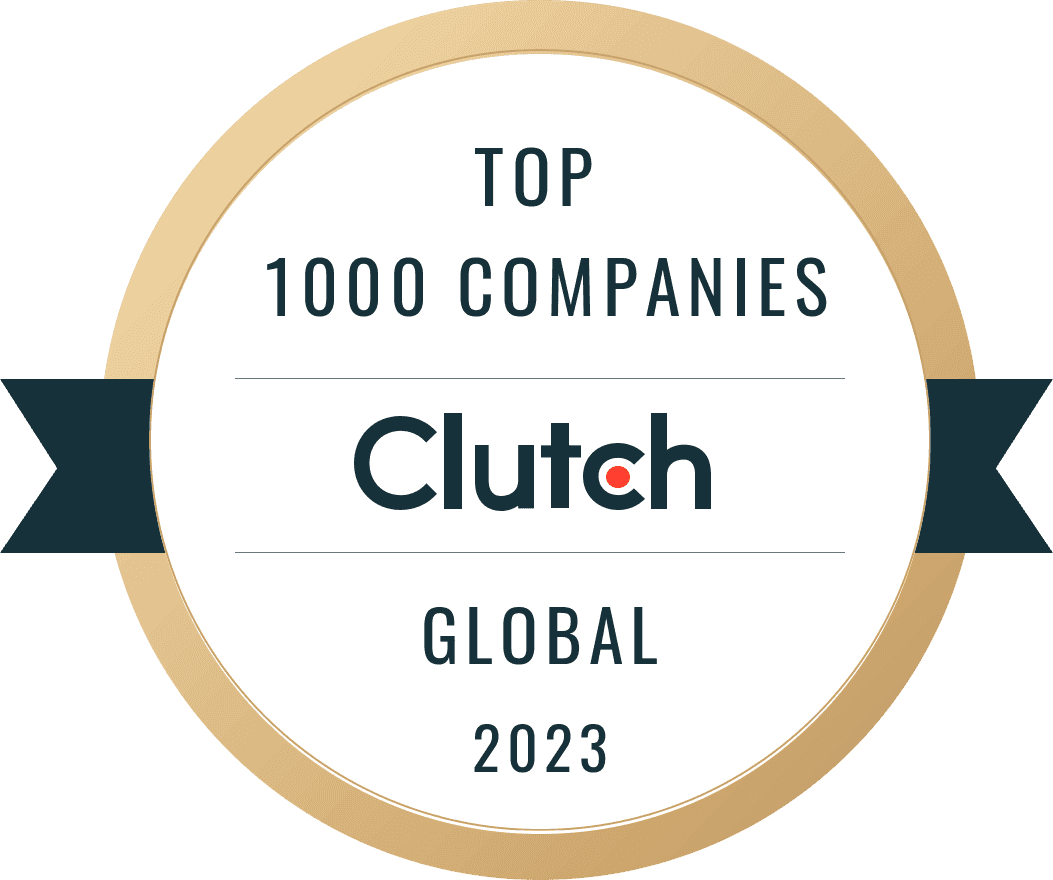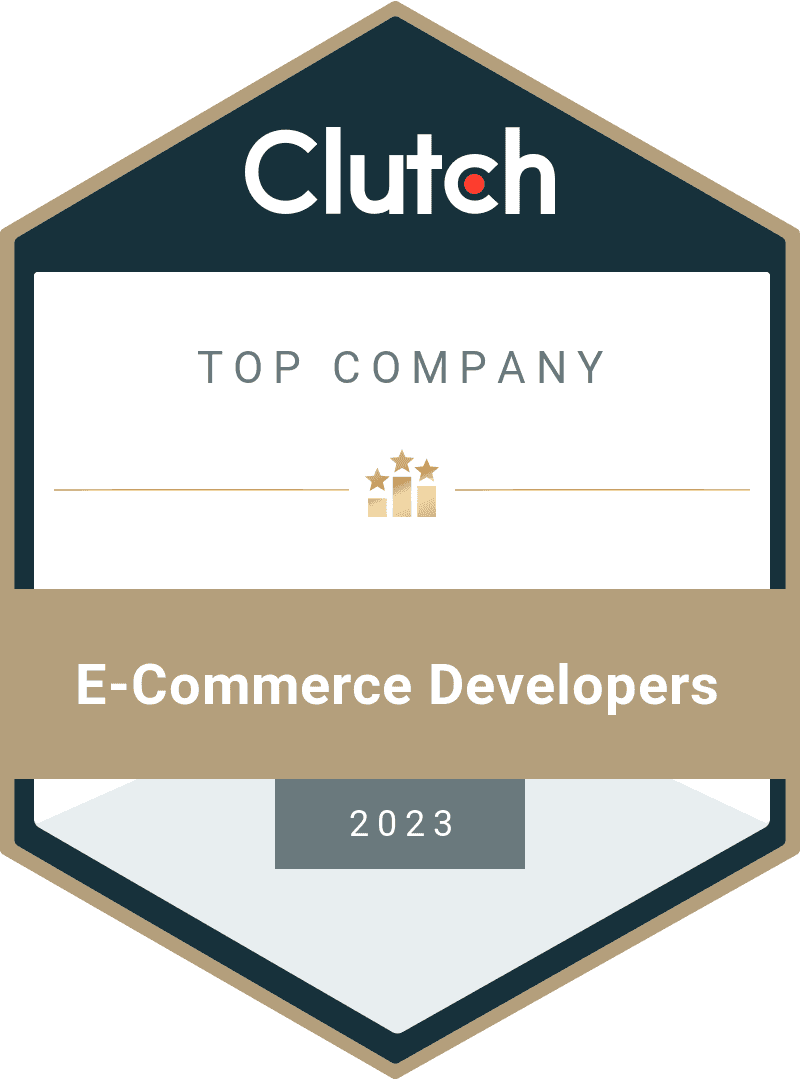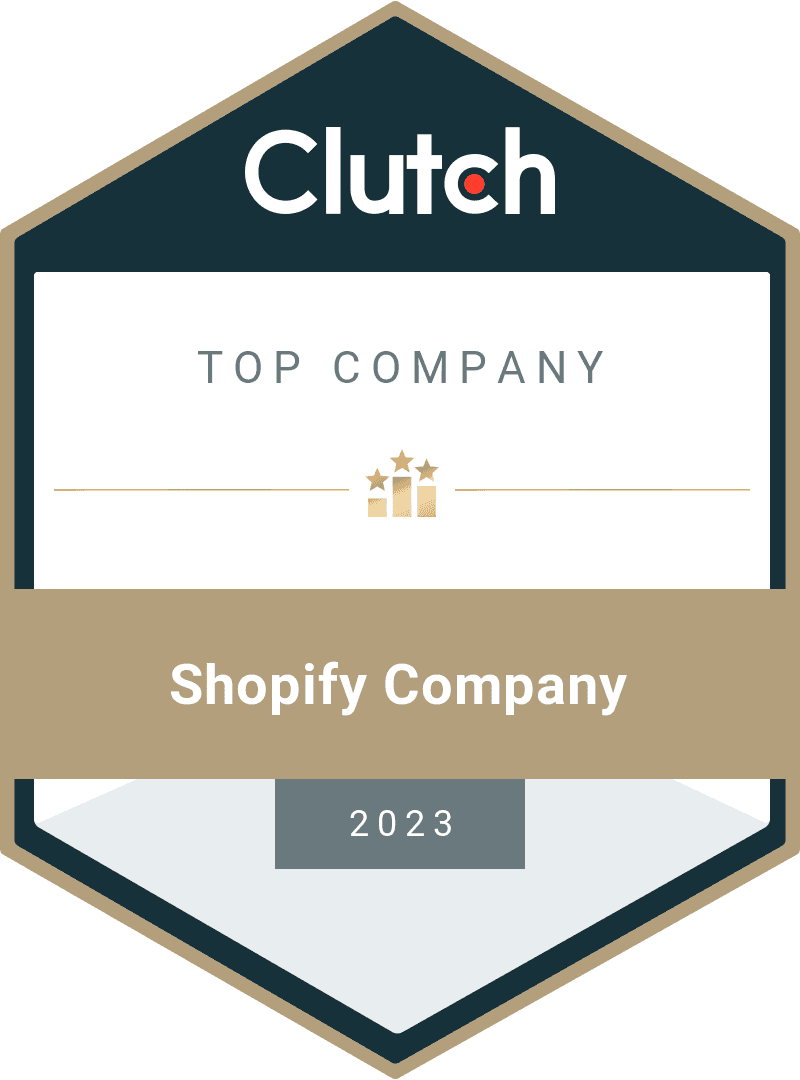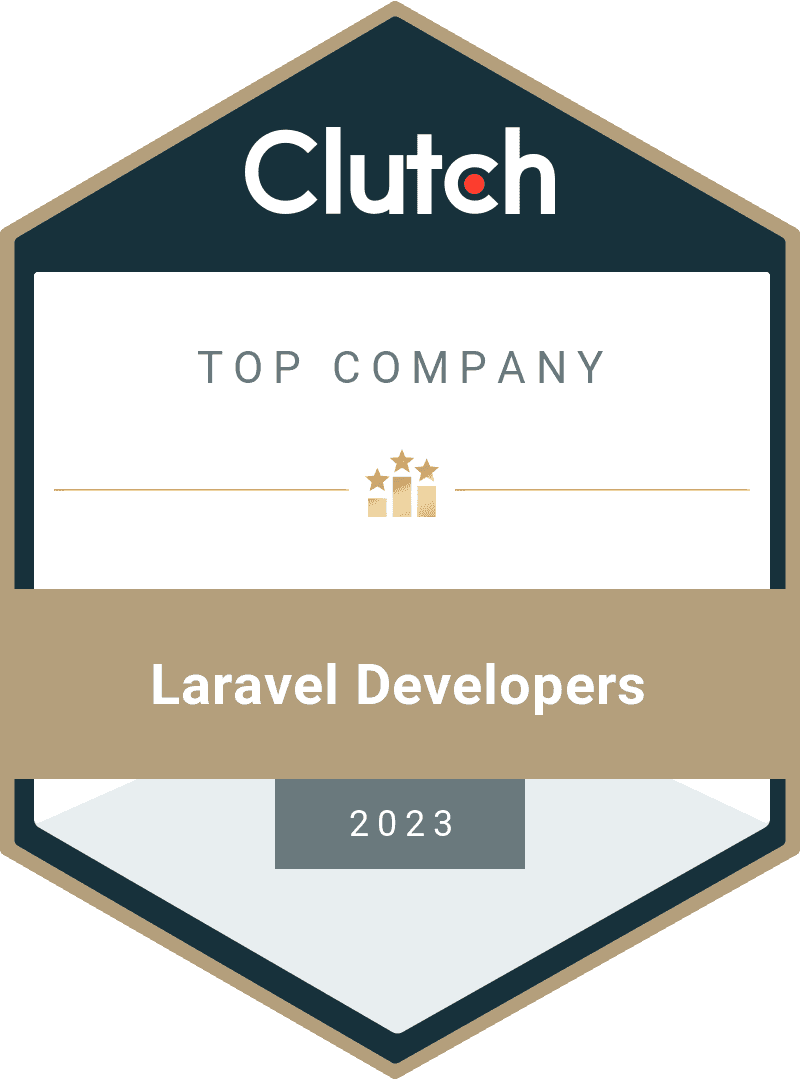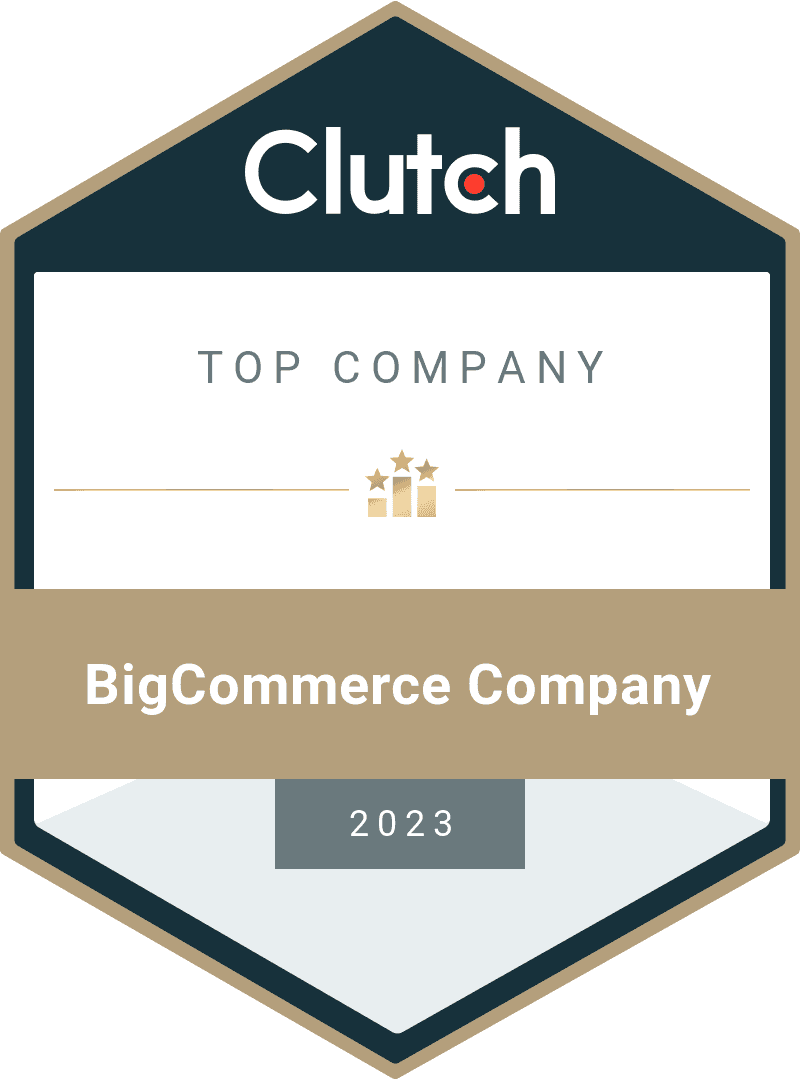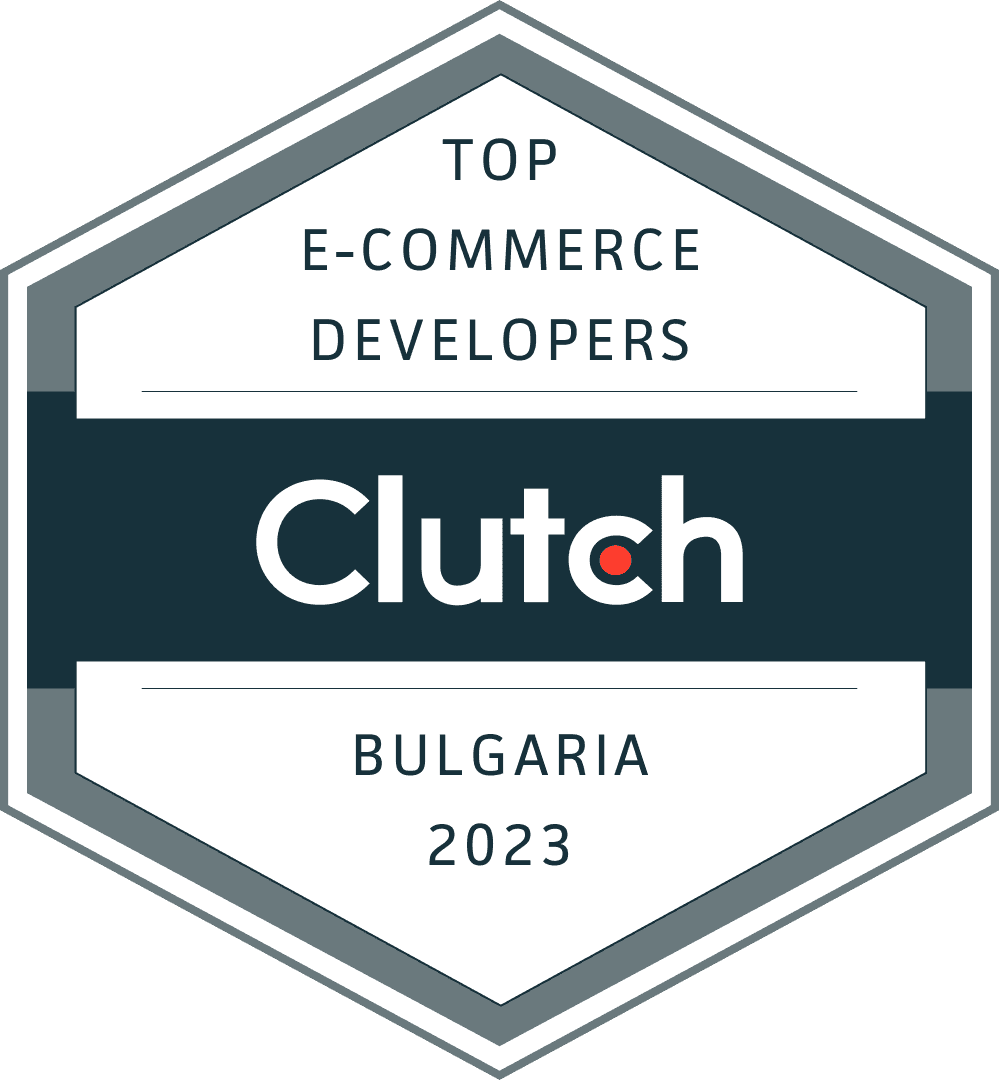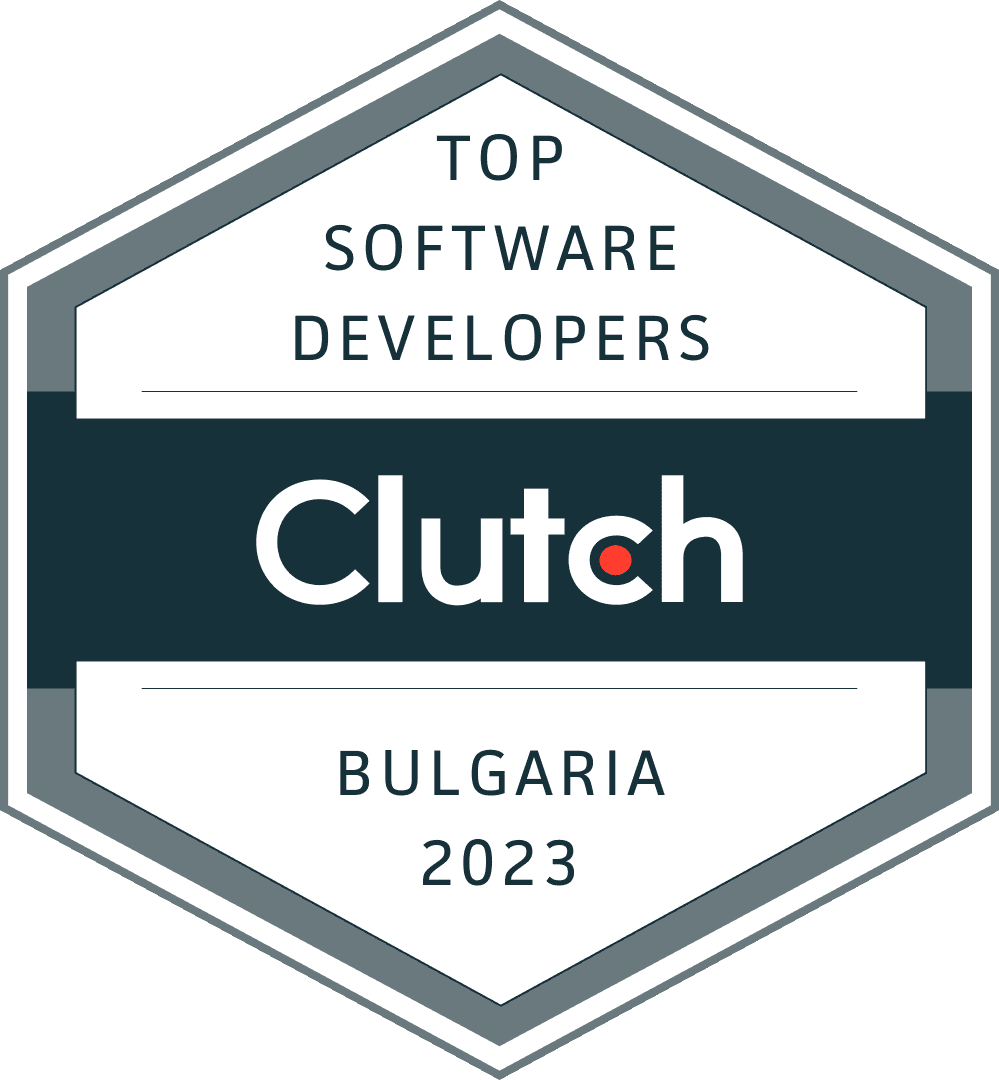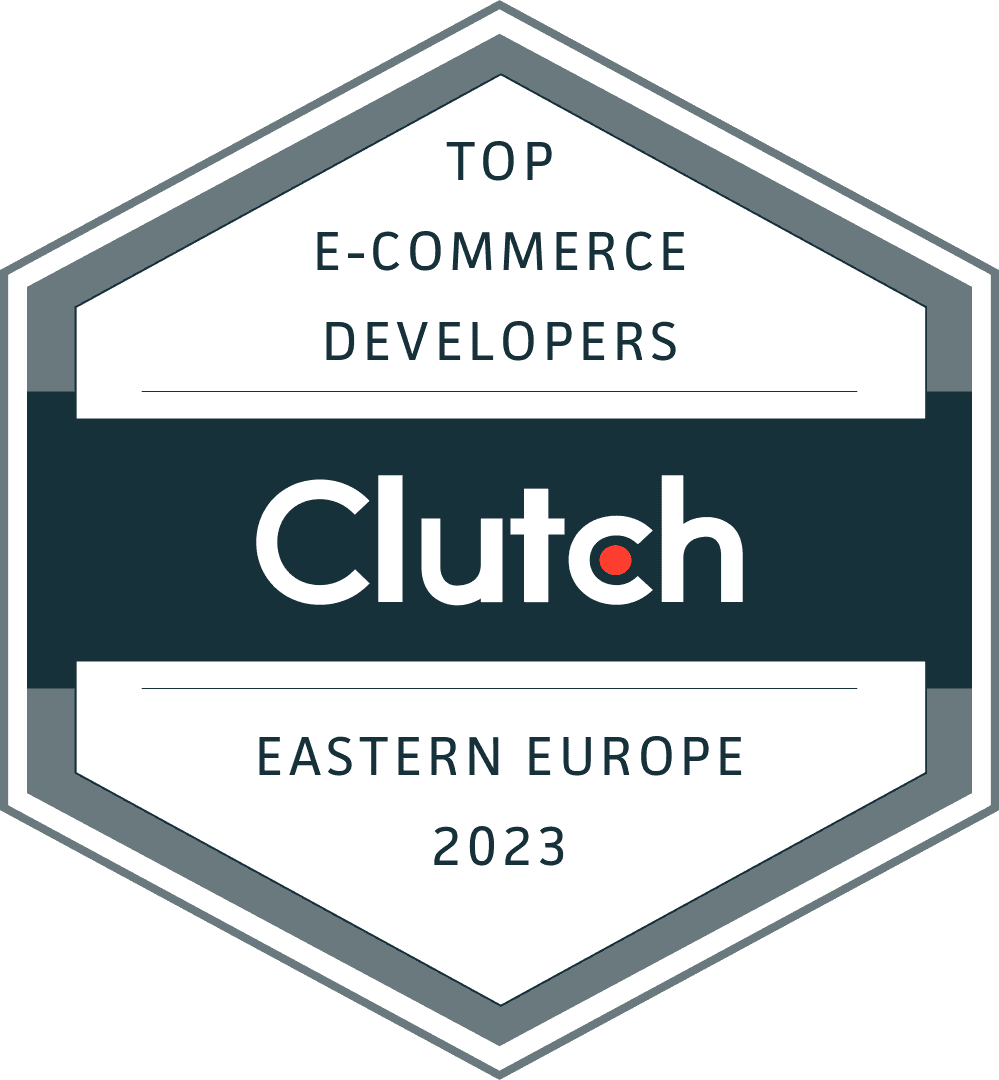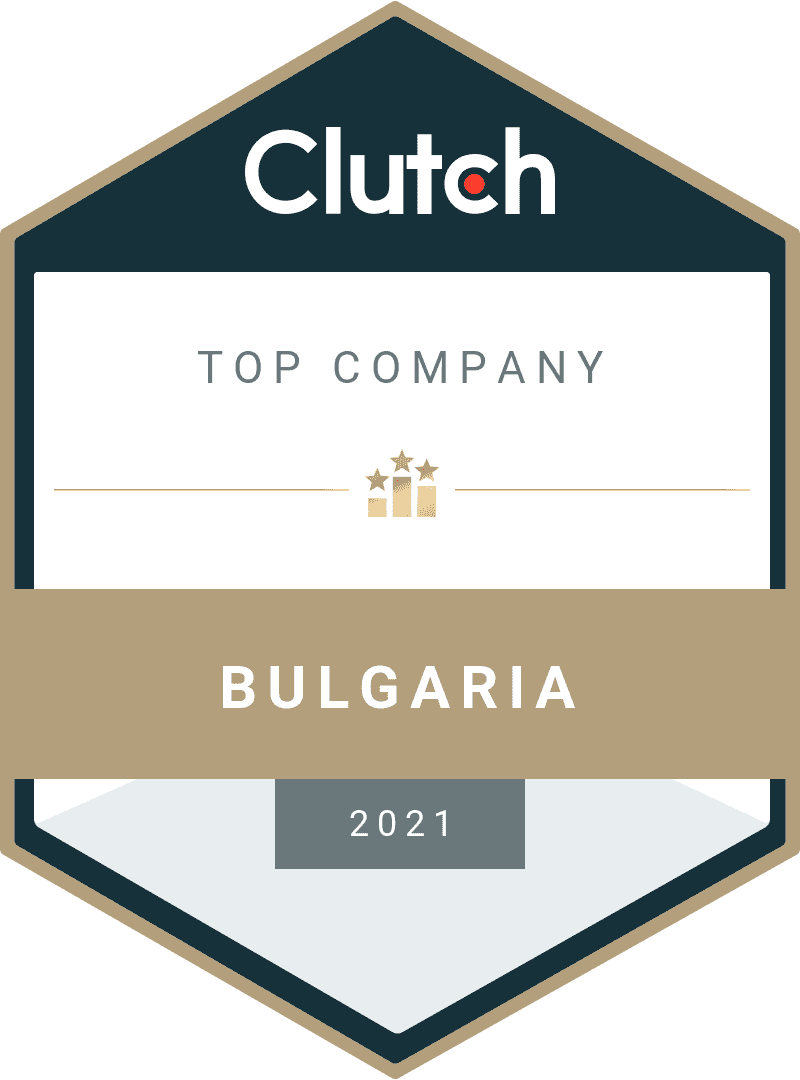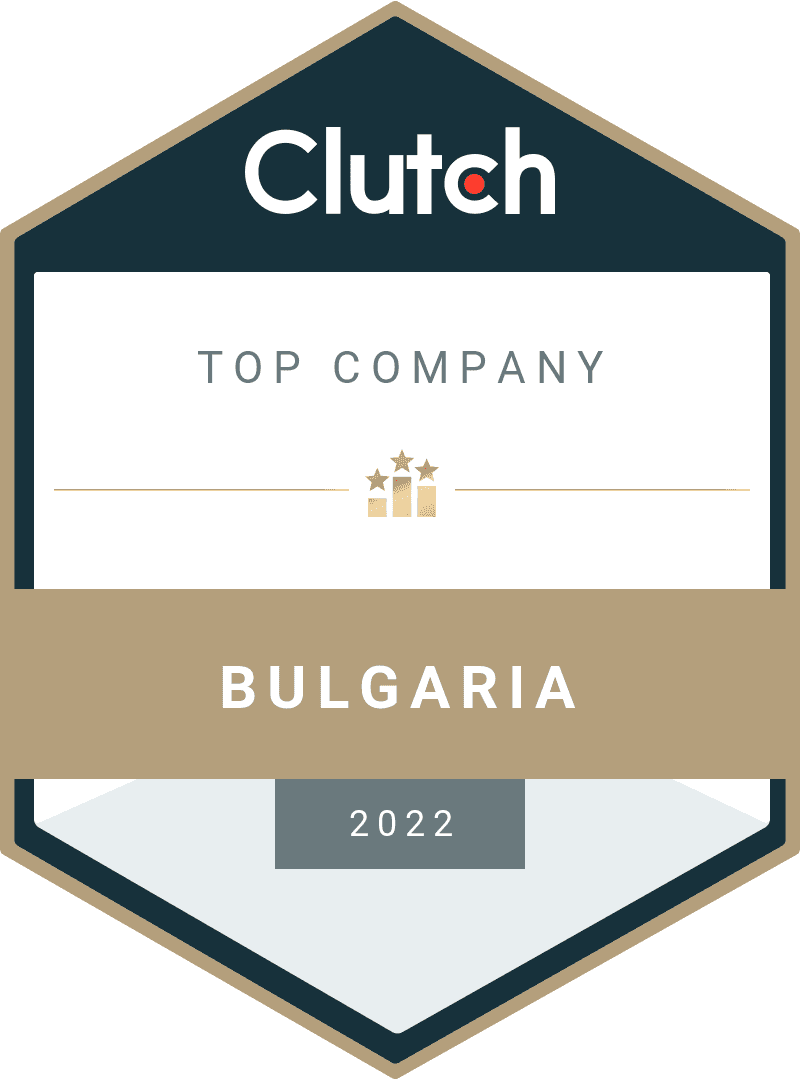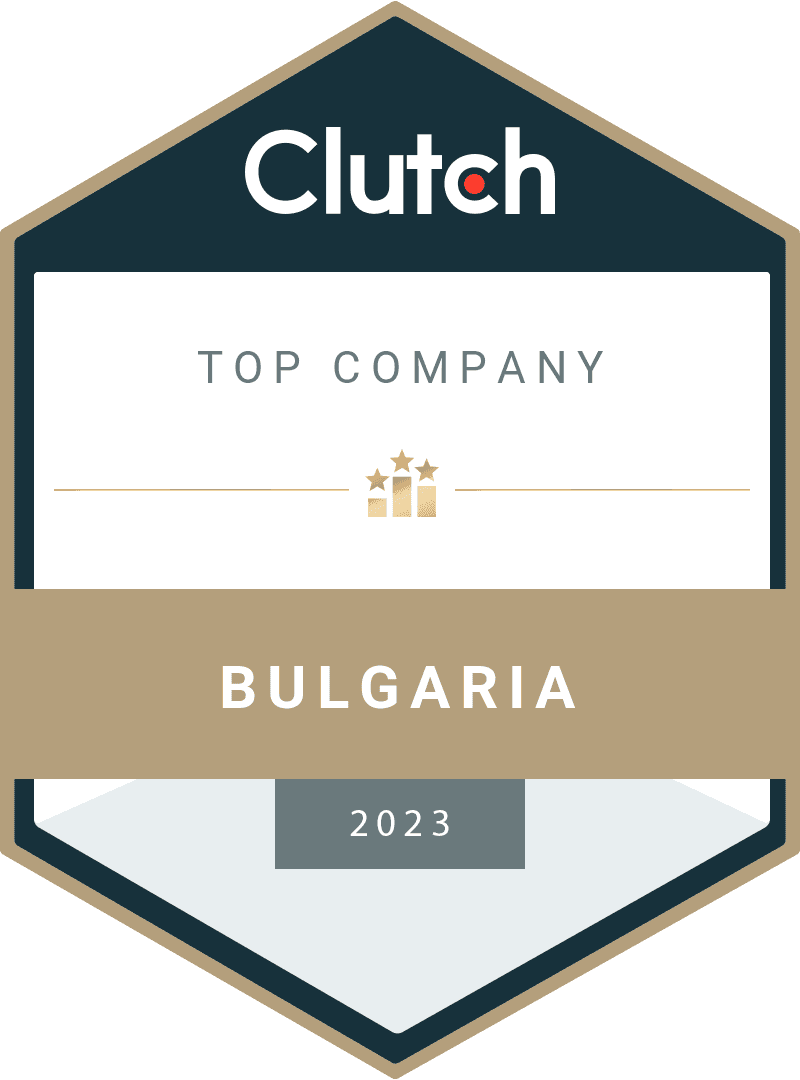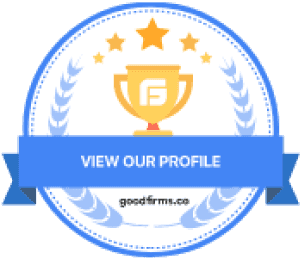Treatment compliance, whether patients follow prescribed medications, lifestyle adjustments, or follow-up visits, is one of the toughest challenges in healthcare. Global studies show that up to 50% of patients with chronic illnesses fail to adhere to their treatment plans, leading to poorer health outcomes, higher hospitalization rates, and billions in additional costs.
Recent advances in artificial intelligence development services, especially generative AI solutions and natural language processing (NLP), are opening new possibilities to address this issue. By applying generative AI for digital transformation, healthcare providers can design personalized, engaging, and scalable tools that improve patient adherence.
This article explores how generative AI development companies and AI healthcare startups are reshaping compliance. We’ll look at practical use cases, a real-world case study from Uran Company, and the future of AI in medicine.
Why Patients Struggle With Compliance?
Non-adherence is driven by many factors: complex treatment regimens, forgetfulness, lack of education, side effects, or financial and social barriers. In regions such as North America, Europe, Asia-Pacific, and Latin America, these challenges add up to billions in avoidable costs each year.
Traditional methods, reminder calls, pamphlets, or manual check-ins, are often ineffective. Patients need tools that are personalized, accessible, and adaptive.
This is where machine learning in healthcare, NLP-powered platforms, and generative AI applications come in. For example:
- NLP algorithms can analyze patient records or messages to flag risks.
- Generative AI can create customized educational materials or reminders in simple, culturally relevant language.
- Chatbot development companies are building conversational tools that engage patients naturally and consistently.

The Role of Generative AI in Improving Adherence
Generative AI is revolutionizing compliance by creating content that feels tailored to each patient’s needs. Instead of generic reminders,
AI healthcare solutions can deliver:
- Personalized health tips: Daily diet or exercise suggestions generated based on individual profiles.
- Smart reminders: Messages adapted to a patient’s literacy level or cultural background.
- Predictive support: Alerts generated from predictive analytics when a patient is at risk of dropping off their regimen.
For instance, a patient with hypertension in the United States might receive AI-generated dietary advice, while someone in India could receive reminders tailored to local foods and habits. This GEO-friendly approach improves engagement and supports global healthcare providers.
Generative AI is also powering chatbot app development, enabling assistants that simulate natural conversations, answer medication questions, and even provide motivational content to keep patients on track.
Harnessing NLP for Better Communication
Natural language processing (NLP) bridges the communication gap between patients and providers. It allows systems to interpret unstructured text such as emails, chat logs, or doctor’s notes.
In treatment compliance, NLP is especially powerful because it can:
- Analyze patient messages to detect concerns about side effects.
- Extract key data from electronic health records (EHRs).
- Support GEO optimization by understanding dialects and regional language differences.
For example, if a patient texts about dizziness after taking medication, NLP algorithms can detect sentiment and flag a potential compliance issue. Providers can then intervene with AI-generated explanations or treatment adjustments.
Chatbot development agencies increasingly integrate NLP algorithms into their tools, ensuring conversations feel natural and relevant across different regions and languages.
Combining Generative AI and NLP
The true potential lies in combining generative AI with NLP to create holistic compliance solutions. Together, they enable:
- Personalized reminders & education: Generative AI generates adaptive content, while NLP refines it based on patient feedback.
- Predictive analytics: AI models forecast non-adherence risks, and NLP processes EHR data to highlight key signals.
- Chatbot integration: 24/7 conversational support powered by NLP and enriched with generative AI content, delivered through chatbot integration services.
This synergy is especially effective for AI healthcare startups, where scalable, cost-efficient tools are essential.
Case Study: AI Treatment Analyzer by Uran Company
A strong example of these technologies is the AI Treatment Analyzer, developed by Uran Company, a leading generative AI development company.
How It Works
- Data integration: The system connects with hospital EHRs and scans handwritten notes or typed reports.
- NLP-powered extraction: Algorithms pull out details such as diagnoses, prescribed medications, and procedures.
- Machine learning checks: Data is compared against the latest medical guidelines to identify discrepancies.
- Generative AI output: The system produces clear reports highlighting issues, suggesting corrections, and helping doctors act quickly.
Built on AWS Cloud Services, LangChain, MongoDB, and Node.js, the platform was created in only eight weeks by a team of AI/ML experts and healthcare consultants.
Impact
The Analyzer reduces errors, saves time, and lowers costs for hospitals. In one diabetes care case, it flagged an outdated prescription before it reached the patient, preventing harm and showcasing the power of AI in healthcare compliance.
Challenges and Mitigation
Despite clear benefits, challenges remain in adopting AI in healthcare:
- Data privacy & security: Compliance with HIPAA (US) and GDPR (Europe) is critical.
- Integration with legacy systems: Hospitals often use outdated infrastructure.
- Bias in algorithms: Both NLP models and generative AI outputs must be carefully validated.
Mitigation strategies include working with reputable chatbot development agencies, applying strict data governance, and ensuring GEO-friendly designs that respect local regulations.
The Future of AI in Medicine
Looking ahead, the future of AI in medicine will be shaped by generative AI development services and NLP innovations that make compliance simpler and more patient-centric. Expect to see:
- Smarter virtual health assistants built through chatbot app development.
- Advanced predictive analytics in healthcare to prevent lapses before they happen.
- Wider adoption of AI-powered personalization, ensuring treatments resonate with diverse global populations.
By partnering with experienced generative AI development companies and AI experts, healthcare providers can transform compliance from a persistent challenge into a solvable issue.
Conclusion
Generative AI and NLP are not just technologies — they are catalysts for better healthcare outcomes. From personalized reminders to advanced analyzers, these tools are making treatment compliance achievable on a global scale.
Organizations that adopt AI applications in healthcare today, whether through chatbot integration services or advanced compliance platforms, will be better prepared for a patient-centric future.
Relevant Articles
